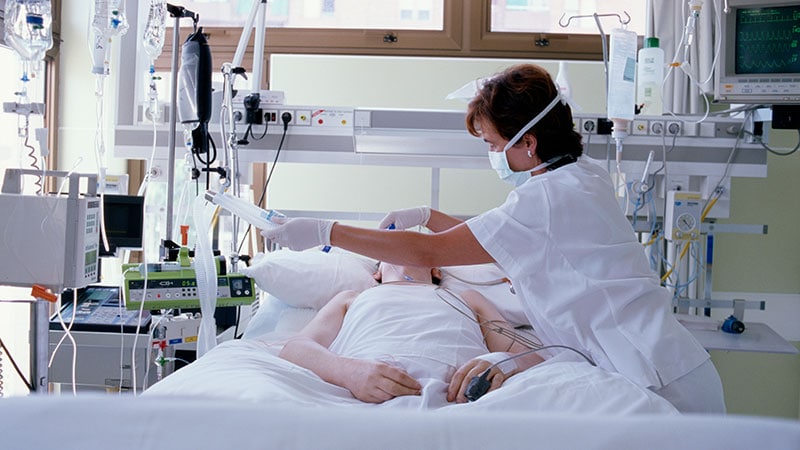Gene Variants May Modify Diet-Attributable CRC Risk
TOPLINE:
A genome-wide interaction study has revealed gene variants and potential biological pathways that modify the association between diet and colorectal cancer (CRC) risk.
METHODOLOGY:
- A nested case-control study was conducted using data from 4686 patients with CRC and 14,058 matched controls from the prospective UK Biobank cohort.
- Researchers performed genome-wide analysis to test for interactions between 11 dietary factors and over four million genetic variants.
- Gene-based and gene-set enrichment analyses were conducted to identify genes and pathways overrepresented in the interaction between the diet factors and CRC risk.
TAKEAWAY:
- Dietary intake of red meat, processed meat, and alcohol was associated with an increased risk for CRC, while four or more servings of fruit per day was associated with a decreased risk.
- A total of 324 single-nucleotide polymorphisms were identified that had "suggestive" interactions with various dietary factors related to CRC risk, but none reached the genome-wide significance level.
- Although no variant was found to interact with dietary intake at the genome-wide significance level, gene-based analysis detected that gene-fish consumption interaction effects tended to congregate within the EPDR1 gene.
- Gene-set enrichment analysis identified several sets of protein-encoding genes that interacted with consumption of milk (ART), cheese (OR), tea (KRT), and alcohol (PRM and TNP genes), potentially influencing CRC development.
IN PRACTICE:
"Our findings of biological and functional pathways involved in the link between dietary intake and CRC need to be confirmed in future experimental studies," the authors wrote.
SOURCE:
The study, with first author Tung Hoang, BPharm, PhD, Department of Preventive Medicine, Seoul National University College of Medicine, Seoul, South Korea, was published online in JAMA Network Open.
LIMITATIONS:
Dietary information was collected at a single time point, assuming dietary changes were not associated with overall gene-diet interactions. Gene-based analyses could not confirm whether specific genetic variants modified the diet-CRC association. The findings were limited by a lack of validation in independent data. There was also a lack of generalization to non-European populations as the study relied solely on a cohort of White British participants.
DISCLOSURES:
The study was supported by a grant from the National Research Foundation of Korea. The authors reported no conflicts of interest.


 Admin_Adham
Admin_Adham


